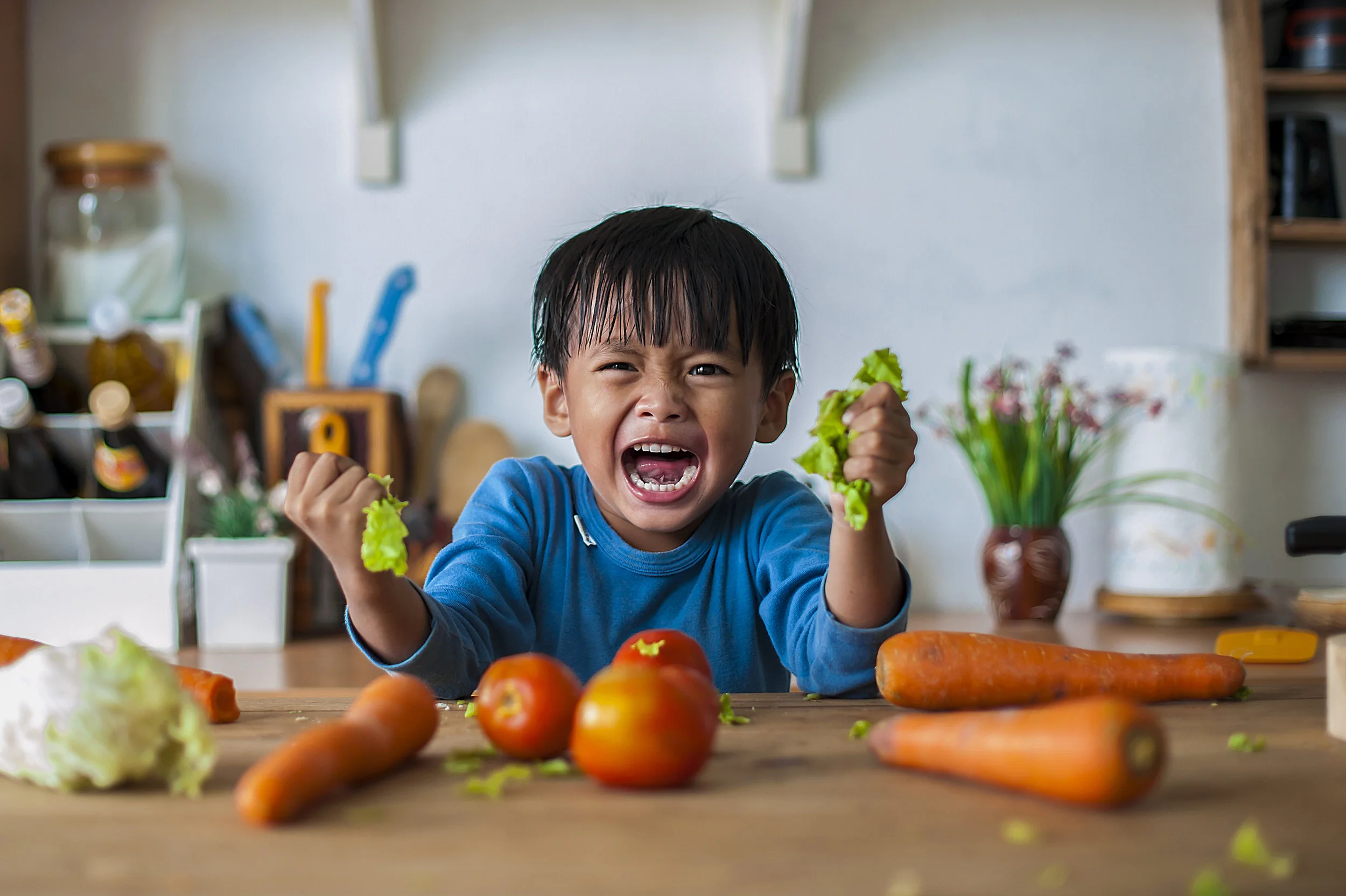How to answer children/young people’s worries and questions about Coronavirus: Sample words to say
/Dealing with Coronavirus can be tough for everyone – kids, young people and adults – from all walks of life. For children with “big feelings” and challenging life events, it can be even harder.
Here are some ideas about how to answer children or young people’s questions or respond to their worries. A few general principles in how to do this are as follows:
Try to ask a question or two before you respond to a child/teen’s concerns – you may be able to get more information about exactly what they are worried about and therefore answer more helpfully.
Express care and sympathy rather than “buck up and deal with it”
Answer with a matter of fact, calm and confident voice and facial expression. If you can’t do that, step away and say “I think I might just need some adult time for a moment, and I will come and talk to you again in a few minutes”. Then take some time to talk to a friend/family member/take a deep breath and look after yourself. Then come back to your child/teen and provide some answers.
Remember (as you will see below) if children/young people continue asking lots of questions which you have gone over with them before, it’s okay to put some limits on the time you spend talking about it. If it is appropriate, you might say something like: “That’s a problem for adults to solve and there are lots of clever adults working on that right now. You don’t need to spend much time thinking about that”. You might also say something like: “We’ve spent enough time talking about this for now, it’s good for our brains and bodies to have a break from thinking about worrying things and problems, let’s go and do something else”. At this point, gently try to distract the child/teen with another activity.





